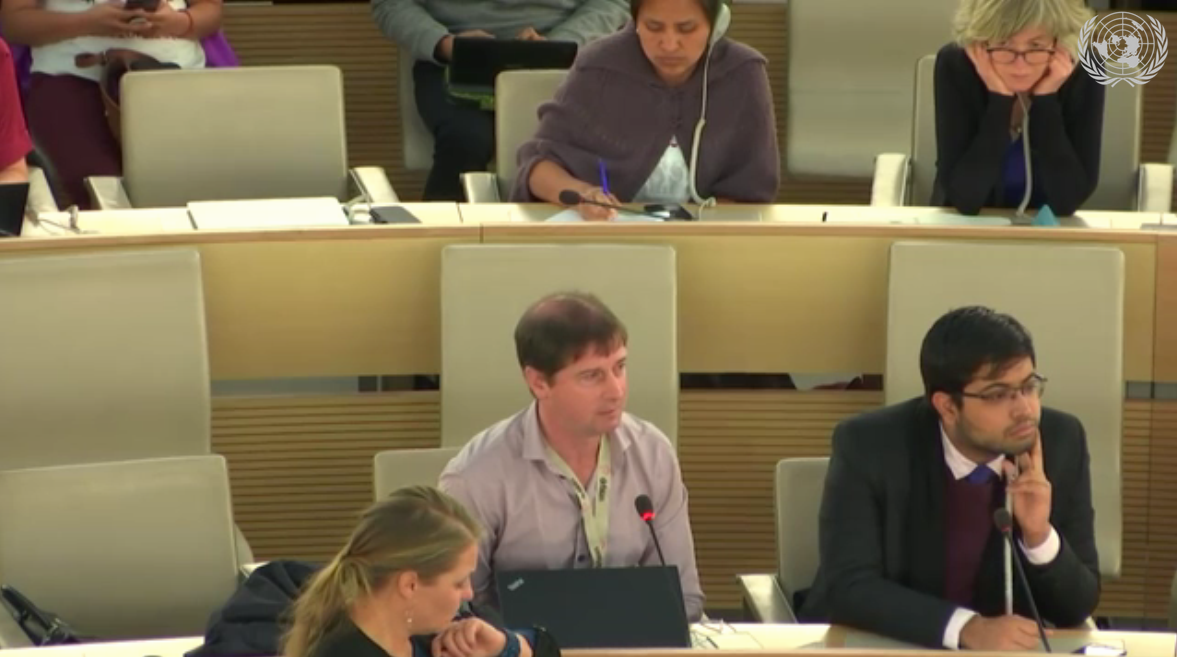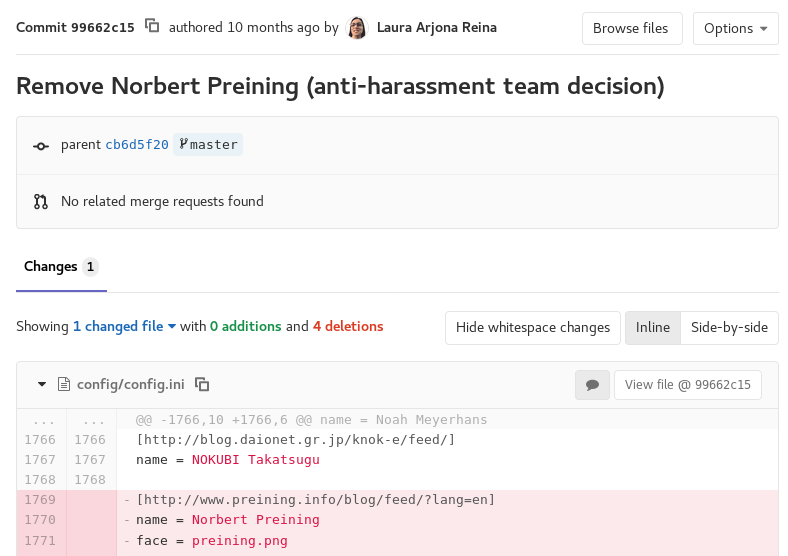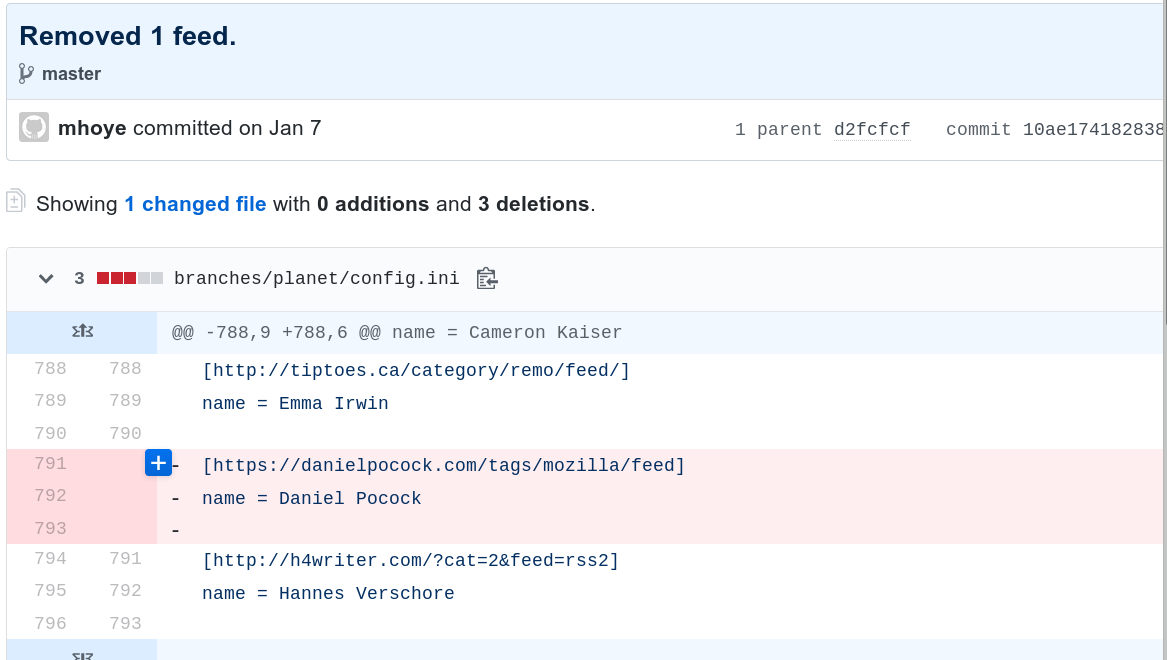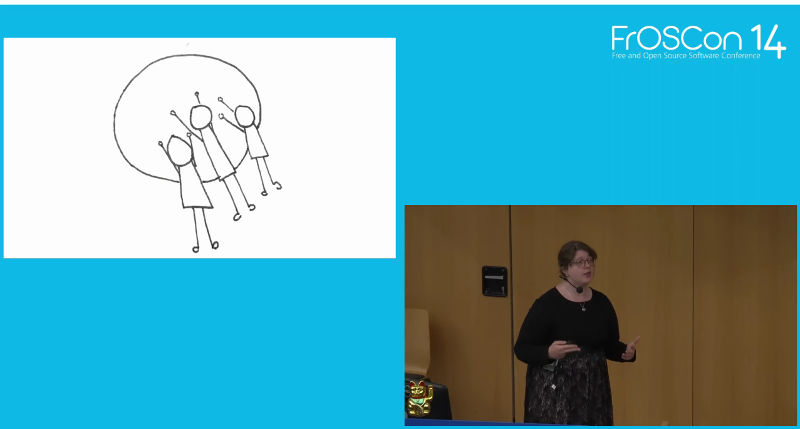Where do all the censored developers go?
Being censored by an organization that claims to be promoting Free as in Speech is no small feat. It raises an interesting question: where do conscientious volunteers go from here?
Is the journey to Software Freedom bogged down in Censorship?
Let's look at how the Free Software censorship scandal has evolved.
In 2017 the Fellowship elected an independent candidate as their representative to the Free Software Foundation Europe (FSFE).
FSFE had just banked that huge €150,000 bequest. In fact, €50k had been withheld by the lawyer pending confirmation that FSFE doesn't lose their charitable status while the other €100k had reached the bank account. FSFE decided to appoint all their staff as voting members of the association, remove the elections from the constitution, put the €100k in reserve to underwrite future obligations to staff and then, with their future benefits guaranteed, the two most senior staff, the President, Matthias Kirschner and the Executive Director, Jonas Oberg, went on extended periods of paternity leave.
As the last man standing in this democracy gone bad, it was the Fellowship representative's duty to question all that, so he did:
With well over half of the funds now coming from the corporate sector and the two most senior staff enjoying lengthy periods of paternity leave in 2018, people are also asking whether it is reasonable for volunteers to contribute their time and personal funds at all. There are many organizations in the free software world who we can contribute to and FSFE e.V. should not take us for granted.
While he was still serving in his role as Fellowship representative, Kirschner smugly deleted his blog from Planet FSFE and began censoring every email he sent through FSFE's mailing lists. The voters weren't told that their representative was being impeded in this manner, it is the sinister menace of censorship at its worst.
Censors even deleted the question from the mailing list archive, replacing it with:
This e-mail contained information published in error and is no longer available.
Our last democratically elected representative resigned under duress and in total disgust at what FSFE has become.

Later that year, he was at the UN Forum on Business and Human Rights in Geneva. All of FSFE's biggest sponsors were there. In a session on Safeguarding Human Rights Defenders (video), an Iranian dissident talks about the methods his country uses to silence critics. After explaining the way those resident in Iran can be locked up on the whim of the security services (like the Debian assassinations attempted under the radar at Christmas), he goes on to explain the way psychological techniques like blackmail and character assassination are systematically used to silence critics who left the country. The same abusive methods are evident in some of the emails leaked from various free software communities recently. Chilling.
At the very same moment that this volunteer was listening to that dissident's testimony, Debian's censors, who operate under the pretense of "Anti-Harassment", were removing the blog of Norbert Preining:

Motivated by his experience in the forum and the sheer brutality of what Chris Lamb's hit squad did at Christmas, on 7 January 2019, he wrote a blog about the rights of members in free software communities, linking them back to human rights principles. He dared to ask the question:
why do we put the rights of users on a pinnacle like this but do so little to document and protect the rights of members and contributors?
Within hours, the former community representative's blog had been removed from Planet Mozilla and Planet Debian.
Mozilla's Manifesto states
We are committed to an internet that promotes civil discourse, human dignity, and individual expression.
Here is the log entry from rogue Mozilla employee Mike Hoye violating that principle when he censored the blog. Hoye refuses to explain his conduct:

The motivations of Joerg Jaspert in Debian are easier to deduce: he wanted to eliminate a competitive independent candidate from competing in the Debian Project Leader election, where Jaspert was running himself. A censored blog post about human rights is par for the course in a democracy:

Debian's Social Contract tells us:
We will not hide problems
but somehow the problems that blog post discussed were more uncomfortable for some oligarchs than violating the organization's basic principles.
The same principle took a further battering when the same observant volunteer asked about the secret $300,000 donation Google made to Debian. Questions about that money were censored too, just as MIT executives hid controversial donations from Jeffrey Epstein knowing that some elements of the community would feel uncomfortable about the source of funds.
Back to the core question of that forbidden blog: free software organizations aggressively promoting the rights of users while actively undermining the rights of the people who develop the code or volunteer. Molly de Blanc, former FSF employee and newly elected president of the OSI answered his question with this hand-drawn slide in her talk at FrOSCon. She talks about how the volunteers need to be pushed to release code under the terms she prefers:

The step from encouraging people to use ethical software to pushing people to create it is an awkward one, as it is no longer ethical at all.
de Blanc's comical drawings have an eery resemblance to the gangster-like behavior of the Debian account managers pushing a volunteer under a bus at Christmas (and another example) but it also gives a glimpse into the mindset of the toxic people who are spoiling free software. With enforcers like de Blanc keen to promote pushing, they don't want anybody to get in the way so the question about rights in that blog had to be censored.
de Blanc's rise to power without ever writing any code has been controversial. Most developers have no respect for those who attack her using sexist and misogynist language yet that does not mean she is entitled to hide from the serious questions about her conflicts of interest. If she isn't willing to be accountable then she should stop claiming to be a leader:
I am a leader in free software. As evidence for this claim, I like to point out that I once finagled an invitation to the Google OSCON luminaries dinner, and was once invited to a Facebook party for open source luminaries.
Leadership, or opportunism aroused in the passionate embrace of corporate influence?
A report releasing damning evidence of de Blanc's conflicts of interest immediately prior to her nomination to OSI was censored by Fedora Planet and Ubuntu Planet.
When the former Fellowship representative posted a message of support for Richard Stallman on the FSF's LibrePlanet list recently, it was also censored. Since he exposed the censorship in a blog post this week, various people have tried to retrospectively make up reasons for censoring the message. For the record, FSF never gave a reason why the message was censored and the reasons being speculated don't agree with each other. Reasons made up after-the-fact lack credibility. It is simply character assassination, not unlike that described by an Iranian dissident at the UN forum not so long ago.
The lynching of Dr Stallman is also a powerful form of censorship. By deliberately misquoting his words, they make everybody else afraid to speak at all as anything they say or do could be twisted and misquoted against them in a trial-by-email. As another volunteer and Debian Developer commented during the Debian Christmas lynchings:
I wrote a bit longer post but looks like I kind of self censored it and this is not making me happy either.
Now what we see is the anti-RMS mafia snooping through the history of every RMS supporter, picking them off one-by-one with dodgy excuses to prevent them saying anything at all through FSF mailing lists. People are using BCC and simulated List-Id headers as a workaround.
The fact that organizations are so vigorously snuffing out these questions about member's rights and governance standards only proves they were the right questions to ask. Rather than talking about returning RMS to his role at FSF, maybe it would be better to try and build a healthier organization that has member's rights built into it from the ground up.
In the meantime, all of us can step up to continue the great work RMS has done over many years giving talks like this about software freedom. If you don't have prior speaking experience or if you want to boost your skills, you could start with a visit to your local Toastmasters group.